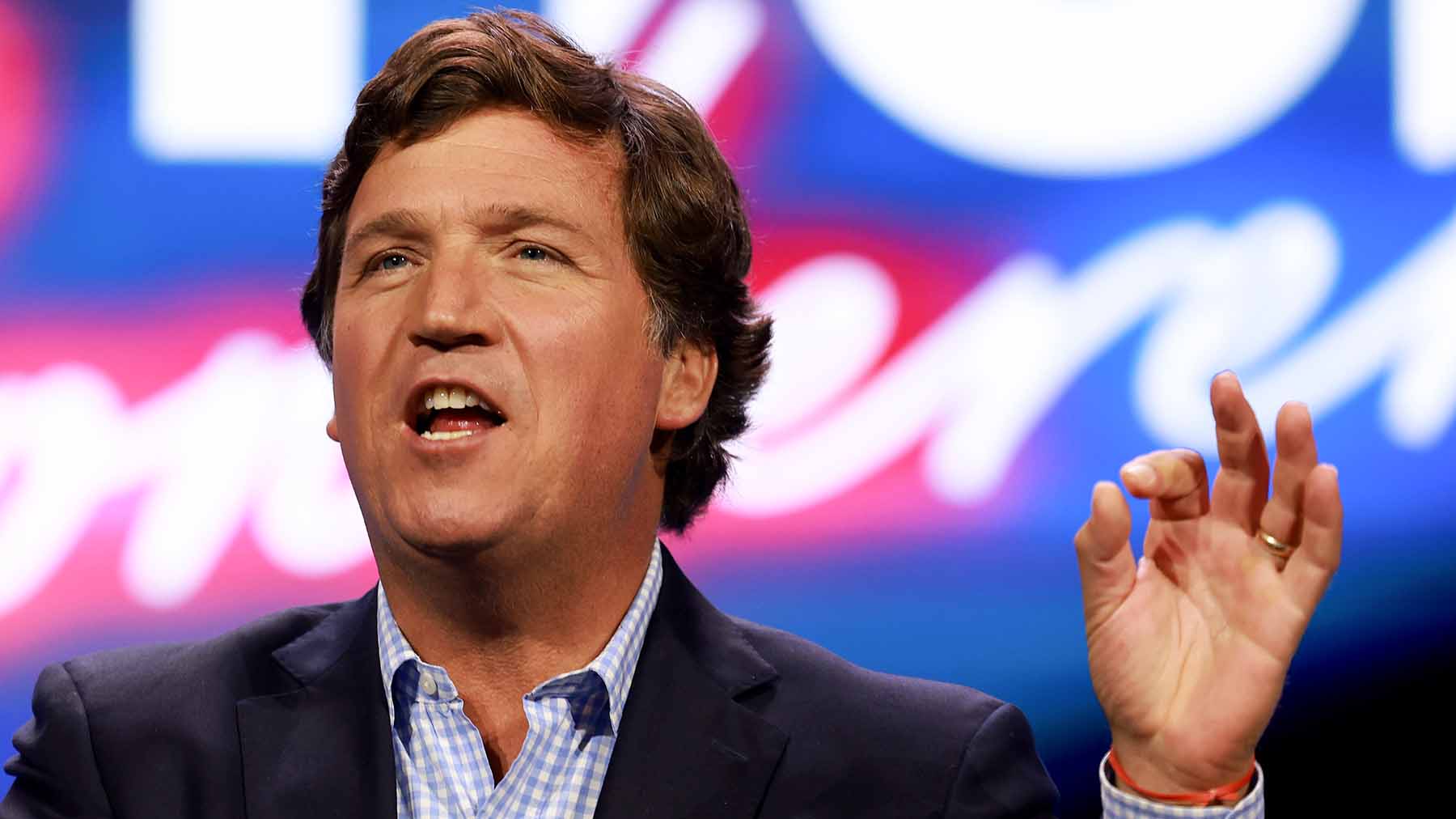Tucker Carlson Voices Deep Reservations About Bitcoin Despite Shared Libertarian Roots

Bitcoin has long captured the imagination of those who value personal sovereignty, offering a vision of money free from centralized oversight. This appeal aligns closely with the principles of individual liberty that define libertarian thought. Yet, one of the most vocal advocates for such freedoms, Tucker Carlson, approaches the cryptocurrency with a level of caution that challenges expectations.
Carlson, known for his sharp commentary on power structures and government overreach, first encountered Bitcoin through connections to its early supporters such as Roger Ver. He has expressed genuine appreciation for the notion of financial independence, where individuals control their resources without interference once obligations like taxes are met. This initial enthusiasm, however, has given way to pointed criticism as he observes the gap between Bitcoin's aspirations and its practical outcomes.
Stay In The Loop and Never Miss Important Bitcoin News
Sign up and be the first to know when we publishExamining the Roots of Carlson's Caution
Carlson points to Bitcoin's inability to deliver on privacy as a core reason for his doubts. He argues that the system, intended to shield transactions from prying eyes, has instead become a ledger open to surveillance. This shortfall, in his assessment, erodes the foundational value of autonomy that drew him in initially.
Beyond technical limitations, Carlson views the broader movement toward digital currencies as a pathway to unprecedented state authority. He describes Bitcoin as a fully traceable financial network and as a mechanism for enforcing compliance, where authorities could disable accounts and restrict basic needs at will. Such a setup, he contends, transforms innovation into a subtle form of domination, stripping away the protections that true liberty demands.
Carlson extends a measure of understanding to the younger investors flocking to Bitcoin, recognizing their pursuit as a response to economic hardships. Many in this group face stagnant wages and limited opportunities, prompting them to seek alternatives outside traditional systems. While he wishes them success in building stable lives, he cautions that their efforts might serve the interests of entrenched financial players who stand to gain the most.
A particularly striking element of Carlson's stance emerges from his reluctance to engage with Bitcoin's enigmatic beginnings. The unidentified creator, Satoshi Nakamoto, represents an opacity that clashes with his preference for transparency in any venture he considers. Drawing from his Washington background, he speculates that intelligence agencies, possibly the CIA, could lie behind the project's launch, leaving untouched fortunes as a lingering mystery.
Tucker Carlson surprises many and says no to Bitcoin and yes to gold, while holding reservations about the digital currency 🔊👇 pic.twitter.com/ofdF5A2TPB
— Bitcoin & Crypto Alerts 🚨 (@bitcoinxalerts) October 23, 2025
This uncertainty leads Carlson to favor established assets over emerging digital ones. Carlson has turned to gold, an enduring store of value that requires no blind trust in unseen architects. His satisfaction with this choice stems from its simplicity and historical reliability, qualities he finds absent in the cryptocurrency landscape.
Carlson's overall perspective reflects a careful balance, honoring Bitcoin's intent while questioning its trajectory. He engages with the technology not as an outright opponent but as someone attuned to risks hidden in plain sight. Through his lens, the debate around Bitcoin sharpens, inviting reflection on whether it truly advances freedom or invites new vulnerabilities.
In recent discussions, Carlson has reiterated these themes, emphasizing how the allure of quick gains can obscure deeper structural concerns. His comments come amid ongoing volatility in crypto markets, where retail navigates both promise and peril. As adoption grows, voices like his highlight the need for scrutiny to ensure that technological progress serves individual interests rather than consolidating power elsewhere.
The conversation Carlson sparks extends to broader questions about trust in modern finance. Investors weighing Bitcoin must grapple with its dual nature, a tool of empowerment shadowed by potential pitfalls. His measured critique adds nuance to a field often dominated by unbridled optimism, reminding people to probe beyond surface narratives.
Ultimately, Carlson's position encourages a grounded approach to innovation. By highlighting these tensions, he contributes to a more informed dialogue, one that values ideals without ignoring realities. As Bitcoin evolves, such perspectives may prove essential in shaping its path forward.

